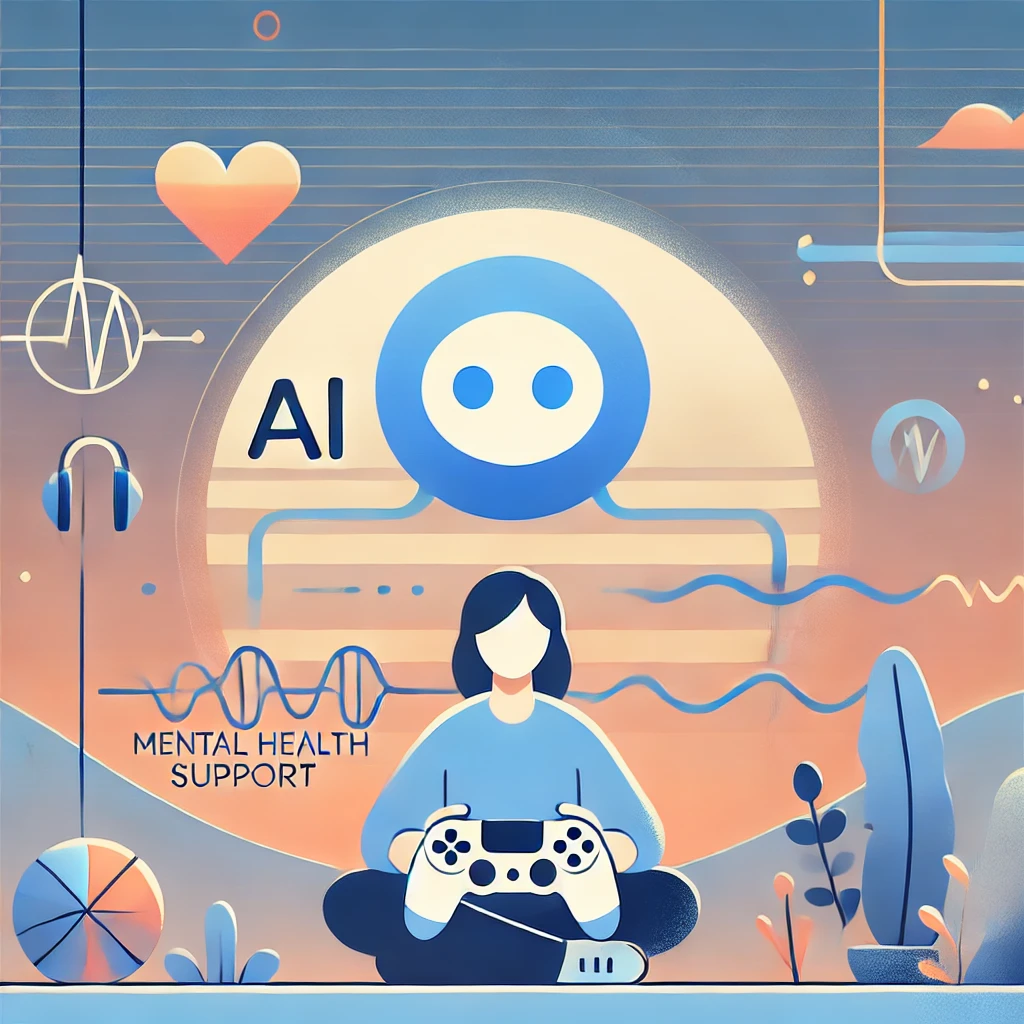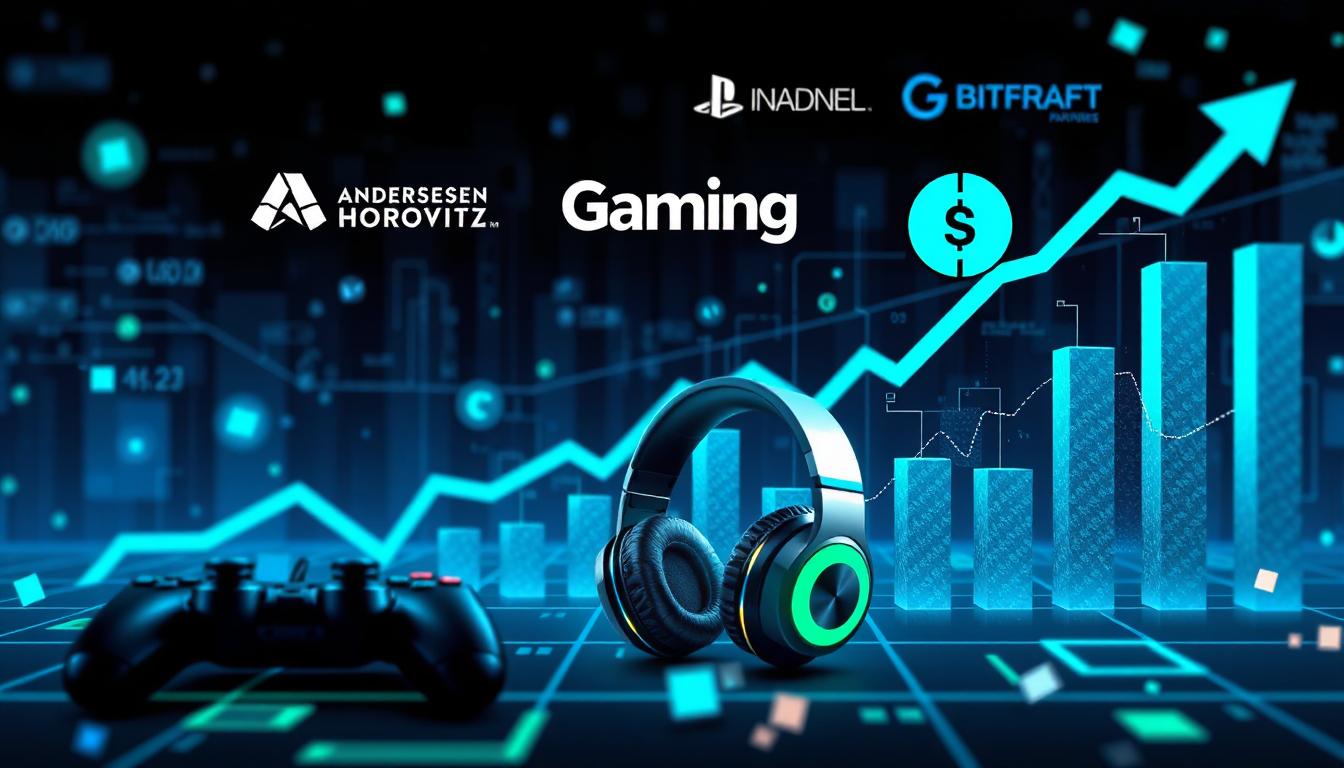Leveraging AI and Gaming to Advance Mental Health Support: Insights from Recent Research
In recent years, artificial intelligence (AI) has made significant strides in transforming various sectors, including health, education, and entertainment. Among the most promising applications is its role in mental health, especially when integrated into gaming. Combining mental health support with gaming is a forward-thinking approach that can engage users while delivering measurable therapeutic benefits. Researchers at institutions like MIT and Stanford have pioneered several studies at this intersection, examining how AI can be used in games and digital platforms to support mental health. This article provides an in-depth review of three key studies, each exploring different facets of AI-powered mental health interventions in gaming.
1. MIT’s Guardians: A Game-Based Approach to Behavioral Activation Therapy
The Media Lab at MIT introduced “The Guardians: Unite the Realms,” a mobile game designed to integrate mental health support into a fun, engaging gaming experience. This game employs behavioral activation therapy (BAT) principles to help players engage in real-life activities that promote mental well-being, such as exercising, socializing, or engaging in creative hobbies. These actions, mirrored in the gameplay, translate to in-game rewards, motivating players to persist in activities that can reduce symptoms of depression and anxiety.
Key Findings: MIT’s study on “The Guardians” revealed that retention rates for users were significantly higher than traditional digital mental health programs. An impressive 69% of active users engaged in healthy, real-world activities on the days they played the game. This high level of engagement is credited to the game’s ability to integrate therapeutic activities seamlessly, making self-care feel like a natural part of the gaming experience rather than a task.
Implications: The success of “The Guardians” highlights the potential for gamified therapy to be an effective tool in mental health care. Unlike conventional interventions, which may feel clinical or disconnected from daily life, gamified approaches are immersive and accessible. The continuous, positive reinforcement provided by in-game rewards creates a feedback loop that sustains engagement. This study suggests that AI-powered games, with properly designed therapeutic elements, can offer effective self-help tools, especially for those who may not have access to traditional therapy.
2. Machine Learning for Personalized Mental Health Care: MIT’s Collaborative Study
At MIT’s Jameel Clinic for Machine Learning in Health, a collaboration between mental health clinicians and data scientists led to the development of a machine learning algorithm designed to improve accessibility and personalization in mental health care. By analyzing data from wearable devices and smartphones, including skin conductance, heart rate, sleep patterns, and activity levels, researchers can create tailored interventions based on a person’s real-time emotional and physical state.
Key Findings: The study found that machine learning algorithms could accurately predict mood and mental health status, enabling proactive intervention. For instance, an algorithm might detect increased stress based on physiological indicators and suggest a relaxation exercise or contact with a mental health professional. The technology bridges gaps in accessibility, enabling mental health support to reach people in times and places where traditional care may not be available.
Implications: Machine learning opens doors for data-driven mental health care that adapts to individual needs. By integrating this technology with mobile apps, users can receive timely guidance without actively seeking help, which can be especially beneficial for individuals experiencing anxiety or depressive symptoms. This level of personalization could significantly improve user engagement and intervention effectiveness, making mental health care more adaptive and immediate.
3. AI and Compassion: Stanford’s Approach to Chatbot-Delivered Mental Health Support
Stanford University’s exploration into AI-driven mental health chatbots, led by researcher Tina Hernandez-Boussard, focuses on whether AI can replicate the compassion and responsiveness of human care providers. AI chatbots have gained popularity due to their scalability and availability, particularly during crises when mental health professionals may be out of reach. This study examines AI’s capability to engage with users in a compassionate and effective manner, which is essential for providing genuine emotional support.
Key Findings: Stanford’s research emphasizes that AI chatbots can play a role in initial support or crisis management. By analyzing message tone, content, and urgency, AI systems can classify conversations and offer tailored responses, even flagging critical situations for immediate attention by human responders. Although chatbots can provide basic support, the study underscores that the subtleties of compassion and deep empathy are challenging to replicate in an AI-driven system.
Implications: While chatbots present promising tools for initial support and engagement, the study concludes that they should act as complements to, rather than replacements for, human interaction in mental health care. For mental health professionals, AI chatbots can serve as a triage tool, identifying those who need urgent help, while offering general assistance to others. However, ensuring that AI systems are compassionate and user-sensitive remains a priority, as insensitivity or misunderstandings could risk alienating users in need of help.
Broader Implications for AI-Enhanced Mental Health Support
The studies from MIT and Stanford illuminate several ways AI and gaming could reshape mental health care:
1. Enhanced Accessibility
AI-driven games and chatbots lower the barrier to entry for mental health care. Many individuals avoid or postpone seeking traditional therapy due to social stigma, costs, or logistical challenges. Gamified interventions and AI chatbots provide alternative paths to support, making mental health resources accessible anytime, anywhere.
2. Increased Engagement through Gamification
Traditional mental health interventions often struggle to maintain engagement, as users may lose motivation over time. Games like “The Guardians” demonstrate how gamification can sustain long-term involvement in mental health activities, effectively integrating well-being practices into daily routines.
3. Personalized Interventions
Machine learning algorithms analyze patterns in behavior and physiological indicators, enabling a highly personalized approach to mental health care. This data-driven personalization allows AI-powered systems to provide timely suggestions based on an individual’s unique needs and context.
4. Ethical Considerations and Data Privacy
As AI becomes more involved in personal well-being, ethical concerns, particularly around data privacy, come to the forefront. Sensitive data, such as mental health metrics and physiological indicators, must be securely managed to protect user privacy. Additionally, while AI offers promise in areas like crisis intervention, it is essential to consider the limits of machine empathy and ensure that AI-driven support does not undermine the human element of mental health care.
Future Prospects and the Role of Venture Capital
Given the promising results of these studies, venture capital firms like Negative Five Ventures have an opportunity to drive innovation in AI-based mental health support by investing in startups that bridge gaming, AI, and mental health. Such investments could help scale these technologies, supporting more robust R&D to improve personalization and ethical handling of user data. Future research may focus on refining AI to enhance its capacity for empathetic interaction and developing safeguards that address the nuanced ethical concerns of AI-driven care.
As the gaming and tech industries evolve, the role of AI in mental health will likely expand, supported by investment and innovation in this field. By funding AI-driven, mental health-centered technologies, venture capital can catalyze a positive shift, enabling a new era of accessible, engaging, and personalized mental health care.
Conclusion
The intersection of AI, gaming, and mental health is rich with potential. The studies reviewed reveal how AI-powered games, machine learning algorithms, and chatbots can offer meaningful support, particularly for individuals who may face barriers to accessing traditional mental health care. While challenges like data privacy, ethical concerns, and the limitations of AI-driven empathy remain, the advancements in this field are promising. As the technology improves and more stakeholders commit to ethical innovation, AI in gaming could become a cornerstone of accessible, effective mental health support, helping users lead healthier, more balanced lives.
2. https://news.mit.edu/2022/deploying-machine-learning-improve-mental-health-rosalind-picard-0126
3. https://medicine.stanford.edu/news/current-news/standard-news/compassion-AI.html




